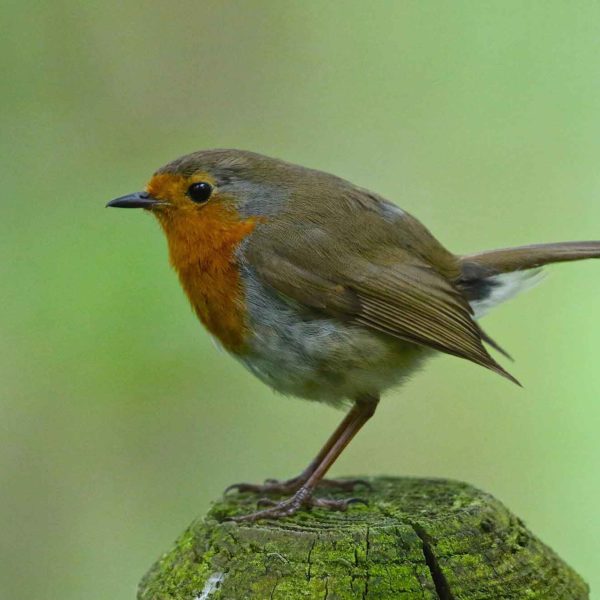Key Facts
- Length: 14cm
- Wingspan: 21cm
- Weight: 18g
- Average Lifespan: 2 years
The robin is one of the most familiar birds of Britain, regularly visiting gardens and adorning Christmas cards every year.
Robins are also common in parks, scrub and woodland, making their presence known with a loud, territorial song. They sing from prominent perches right through the winter, when both males and females sing and hold territories, and are fiercely territorial, driving off intruders and even fighting. During the breeding season the female is allowed into the male’s territory where she sets up a nest of dead leaves, moss and hair. Nests often crop up in the oddest of places such as plant pots, old wellies and shelves but ivy and other shrubs are their natural choice.
How to Identify
Unmistakeable: brown above with a white belly and a famously red breast. Young robins are mottled gold and brown with no red breast.
Where to Find
Widespread.
How People Can Help
You can help to look after robins and other garden birds by providing food and water for them – it doesn’t matter if you have a big garden or live in a high-rise flat, there are plenty of feeders, baths and food choices out there to suit all kinds of situations. To find out more about encouraging wildlife into your garden, visit our Wild About Gardens website: a joint initiative with the RHS, there’s plenty of facts and tips to get you started.
Did you know?
Robins have been traditionally associated with Christmas ever since Victorian times; Victorian postmen, who were known as ‘robin red-breasts’ because of their red waistcoats, are thought to be the inspiration for so many robins appearing on our Christmas cards. Whether it’s the case or not, robins certainly make themselves known in winter with their loud, aggressive song!
Similar Species
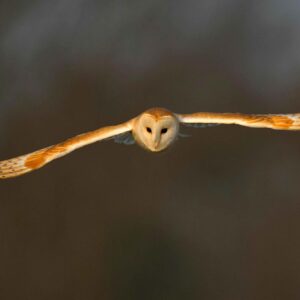
Barn Owl
- Birds
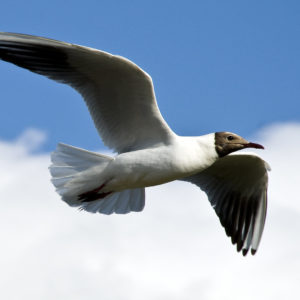
Black-Headed Gull
- Birds
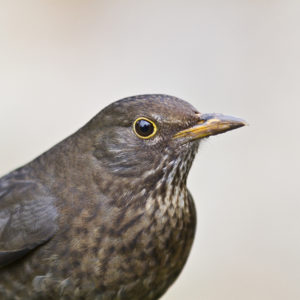
Blackbird
- Birds
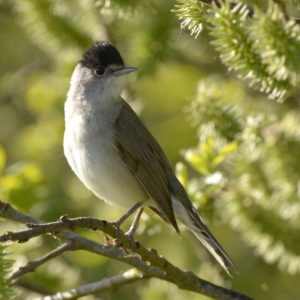
Blackcap
- Birds
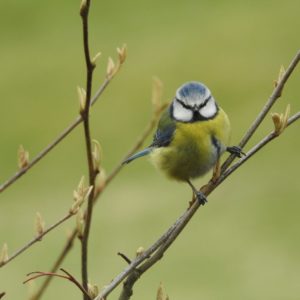
Blue Tit
- Birds
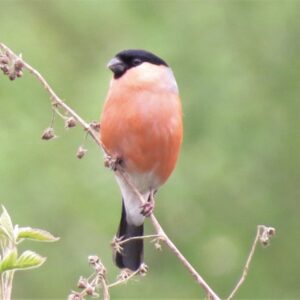
Bullfinch
- Birds
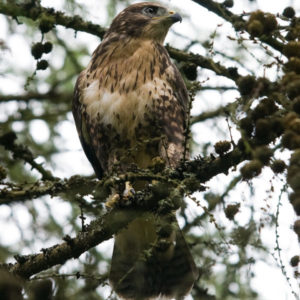
Buzzard
- Birds
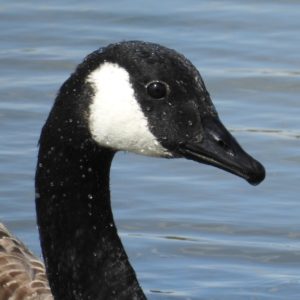
Canada Goose
- Birds
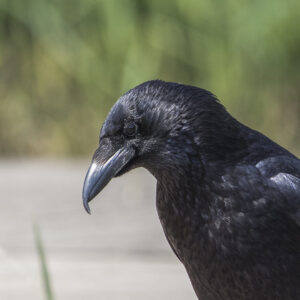
Carrion Crow
- Birds
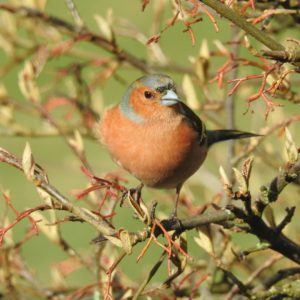
Chaffinch
- Birds
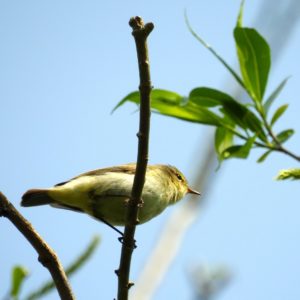
Chiffchaff
- Birds
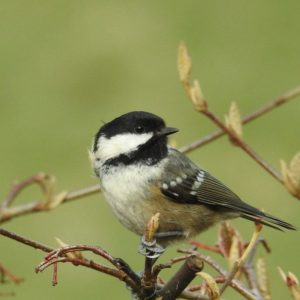
Coal Tit
- Birds
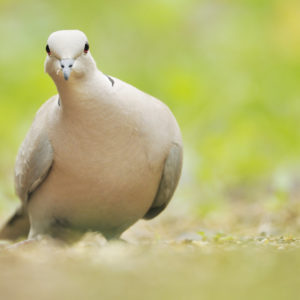
Collared Dove
- Birds
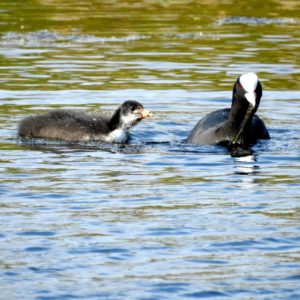
Coot
- Birds
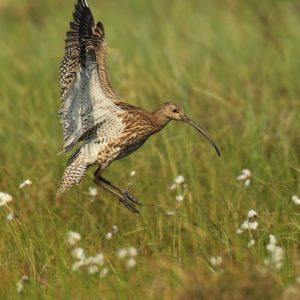
Curlew
- Birds
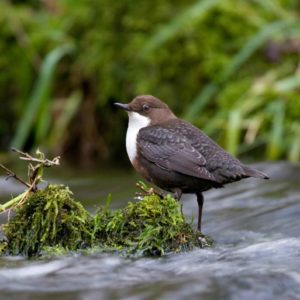
Dipper
- Birds
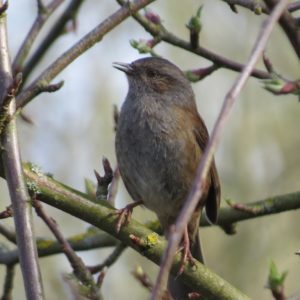
Dunnock
- Birds
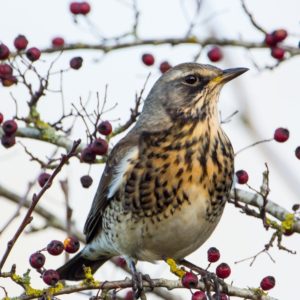
Fieldfare
- Birds
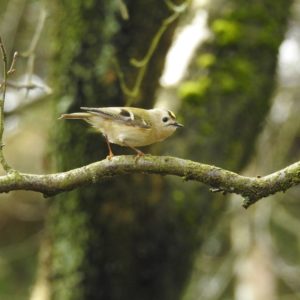
Goldcrest
- Birds
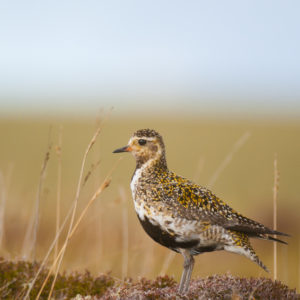
Golden Plover
- Birds
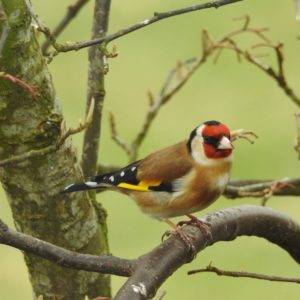
Goldfinch
- Birds
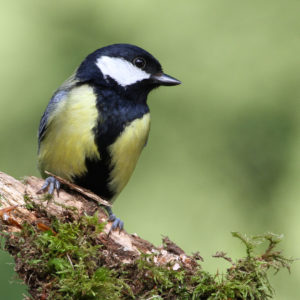
Great Tit
- Birds
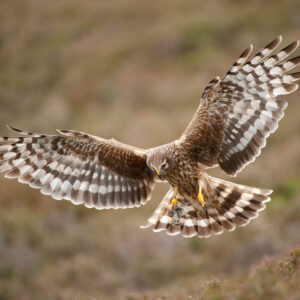
Hen Harrier
- Birds
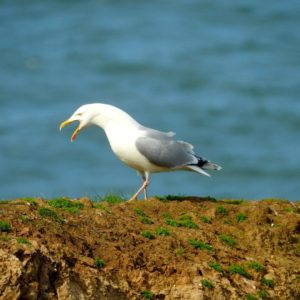
Herring Gull
- Birds
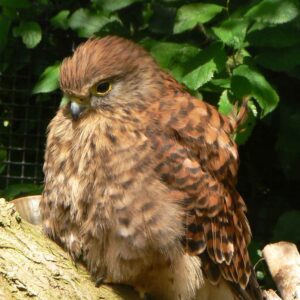
Kestrel
- Birds
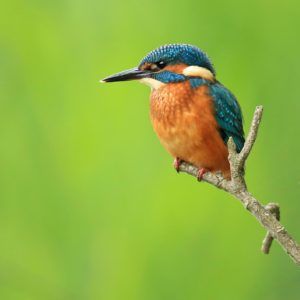
Kingfisher
- Birds
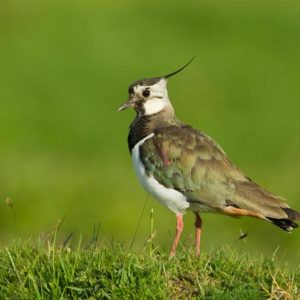
Lapwing
- Birds
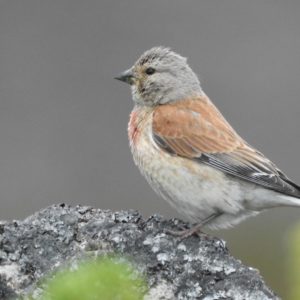
Linnet
- Birds
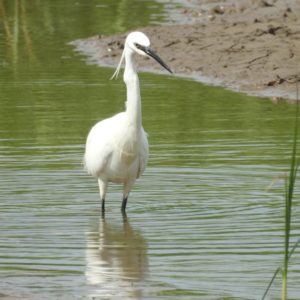
Little Egret
- Birds
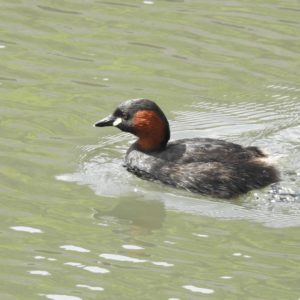
Little Grebe
- Birds
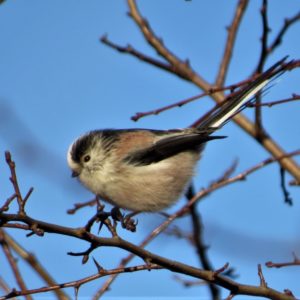
Long-Tailed Tit
- Birds
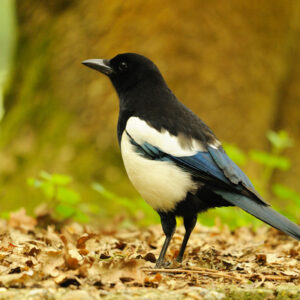
Magpie
- Birds
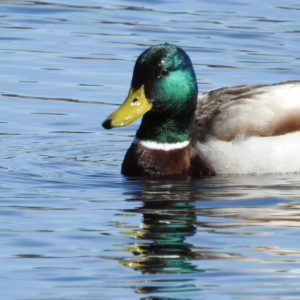
Mallard
- Birds
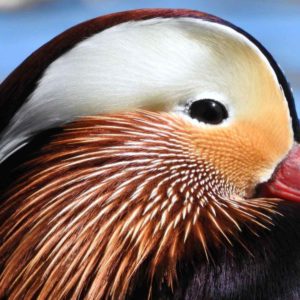
Mandarin Duck
- Birds
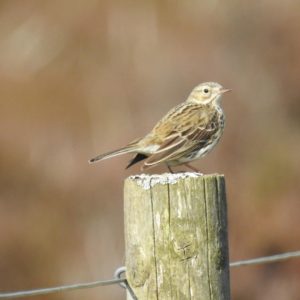
Meadow Pipit
- Birds
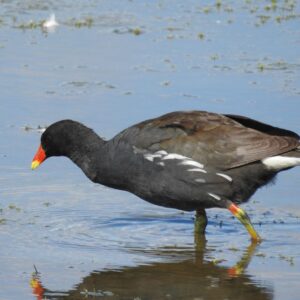
Moorhen
- Birds
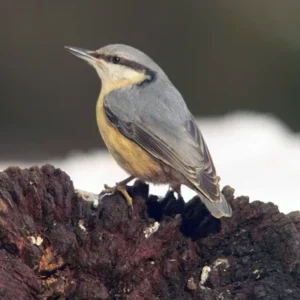
Nuthatch
- Birds
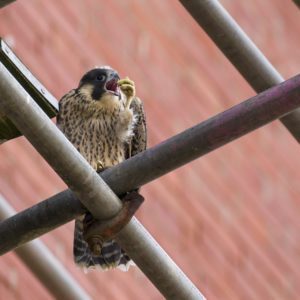
Peregrine falcon
- Birds
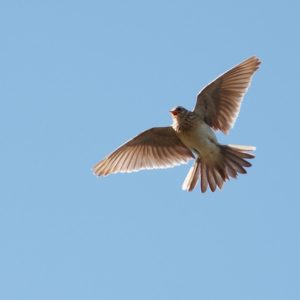
Skylark
- Birds
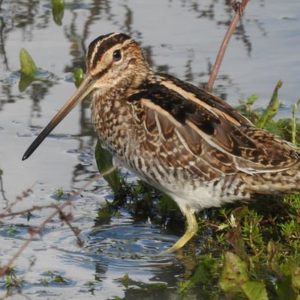
Snipe
- Birds
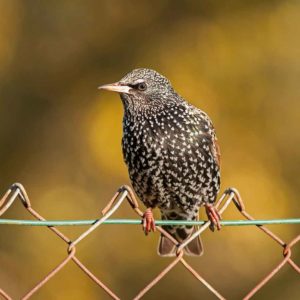
Starling
- Birds
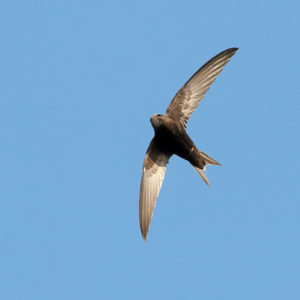
Swift
- Birds
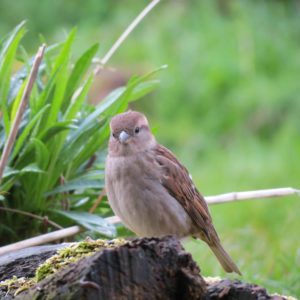
Tree Sparrow
- Birds
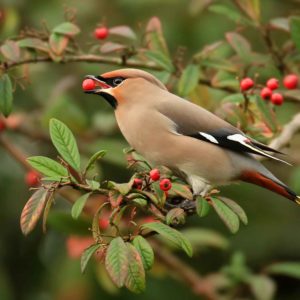
Waxwing
- Birds
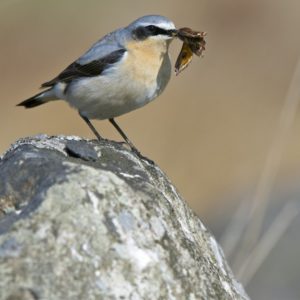
Wheatear
- Birds
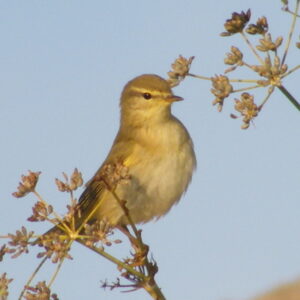
Willow Warbler
- Birds
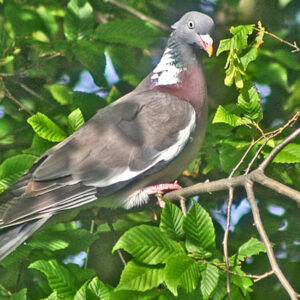
Wood Pigeon
- Birds
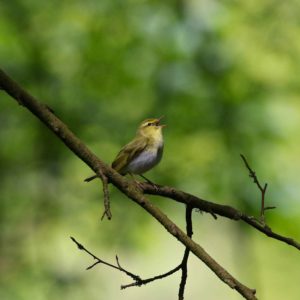
Wood Warbler
- Birds
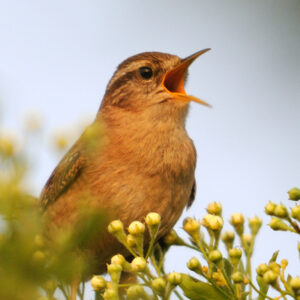
Wren
- Birds
